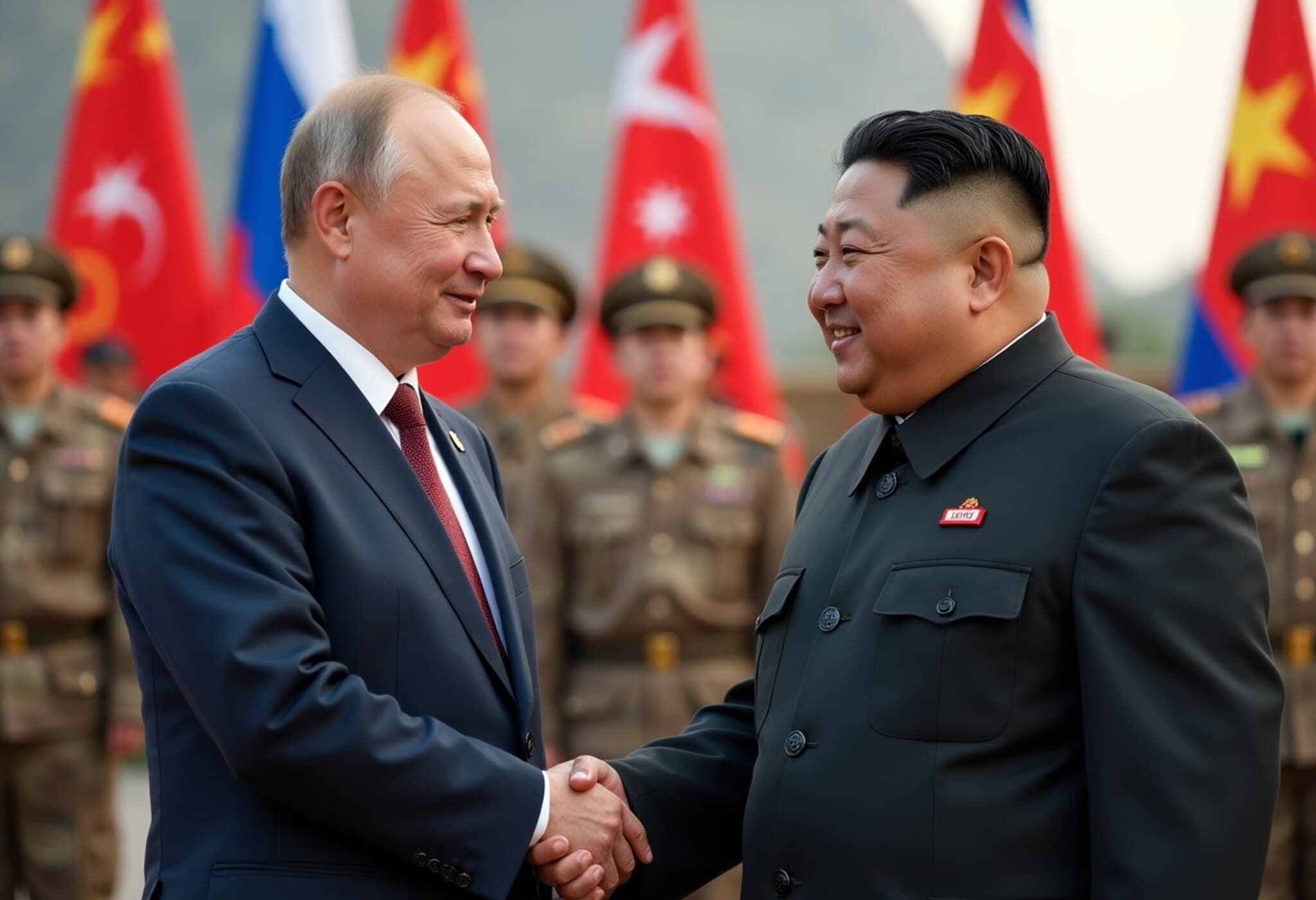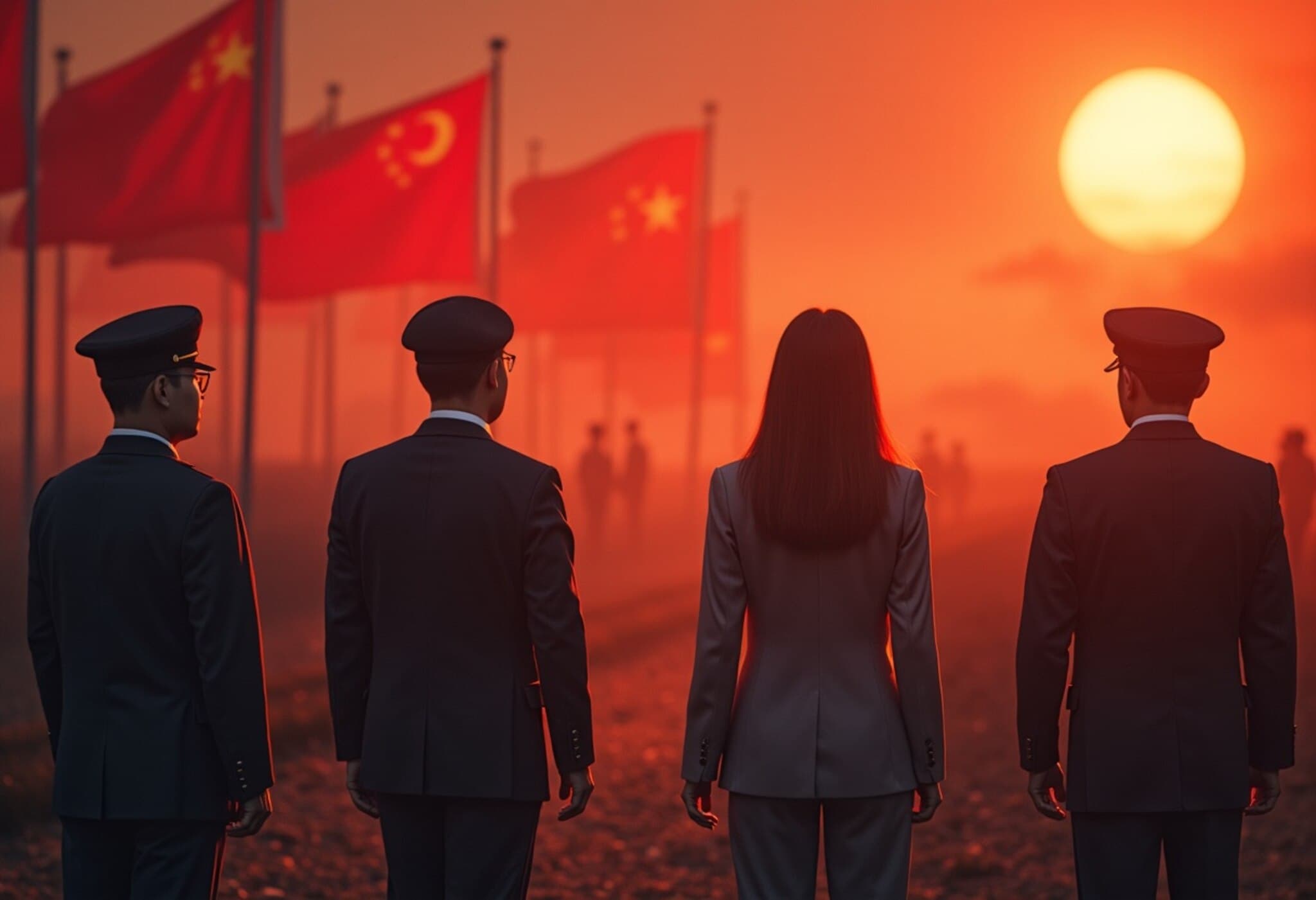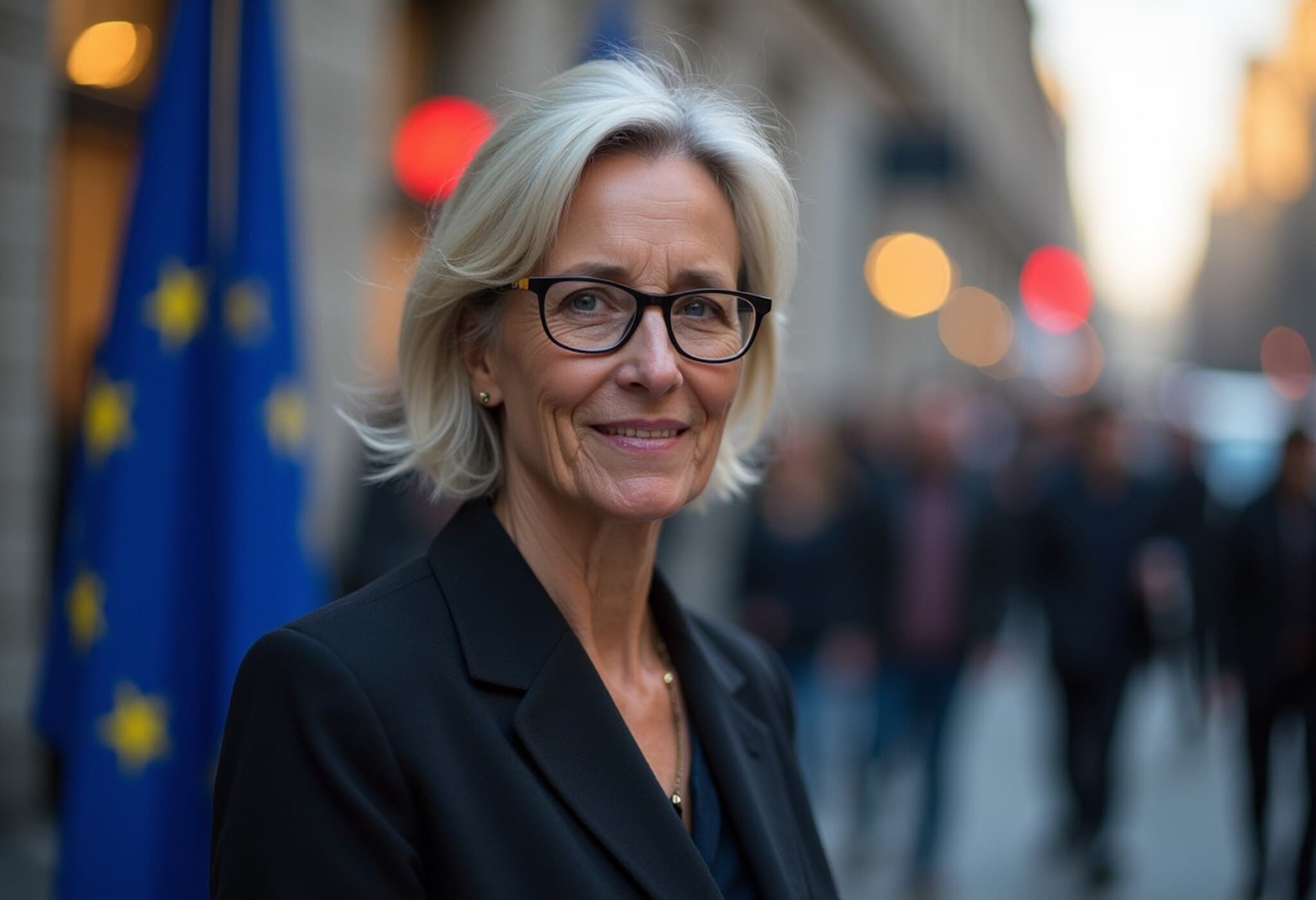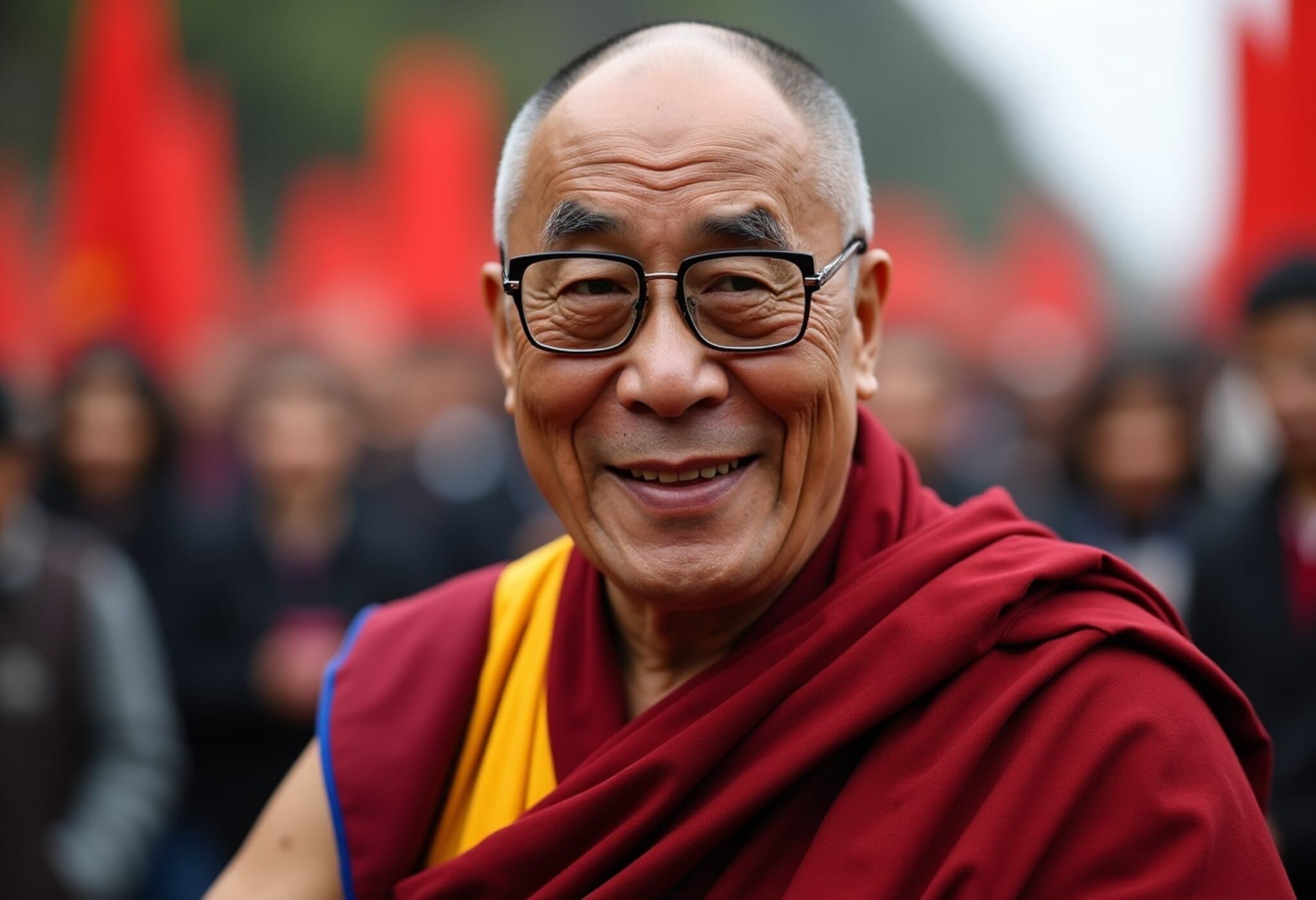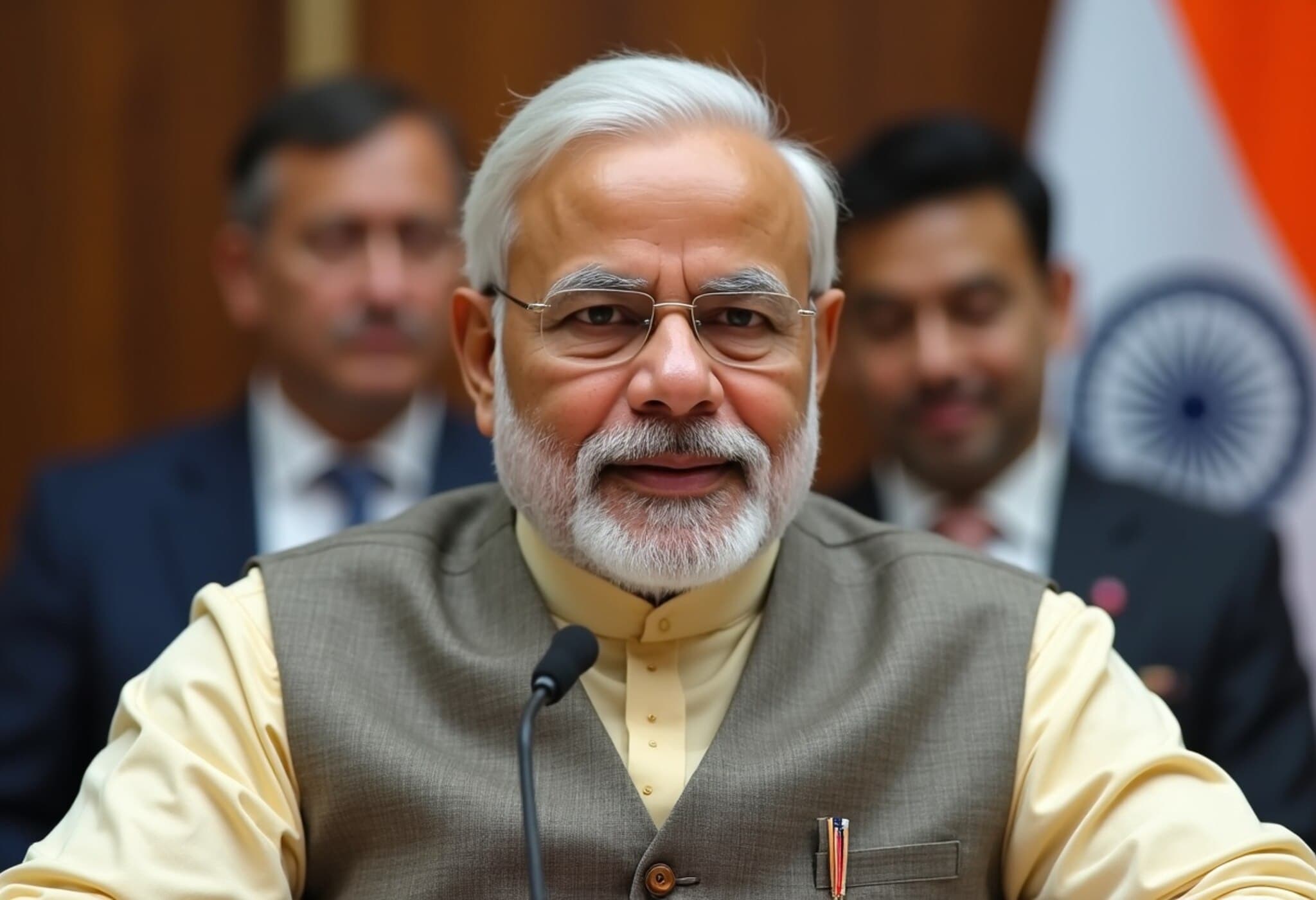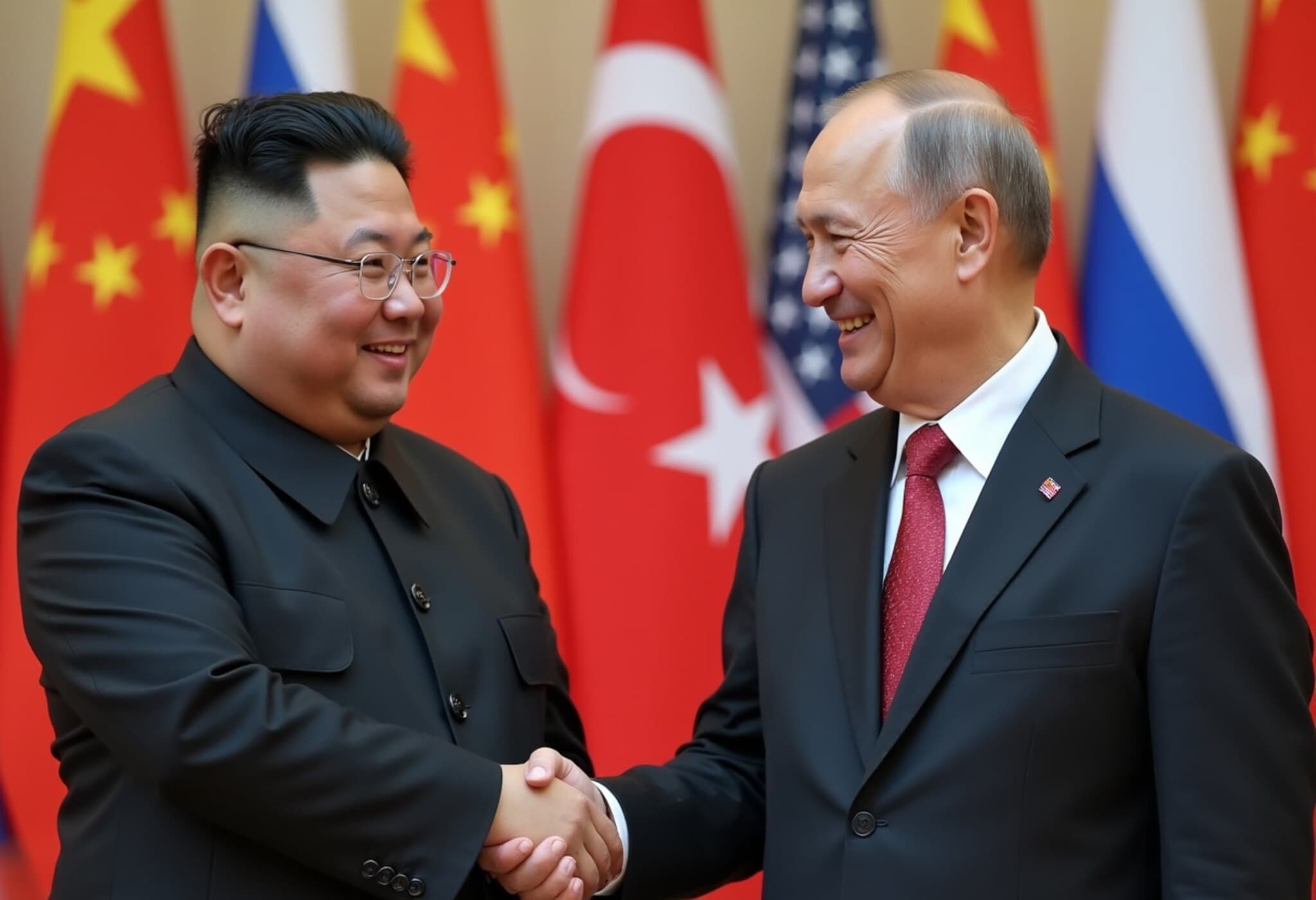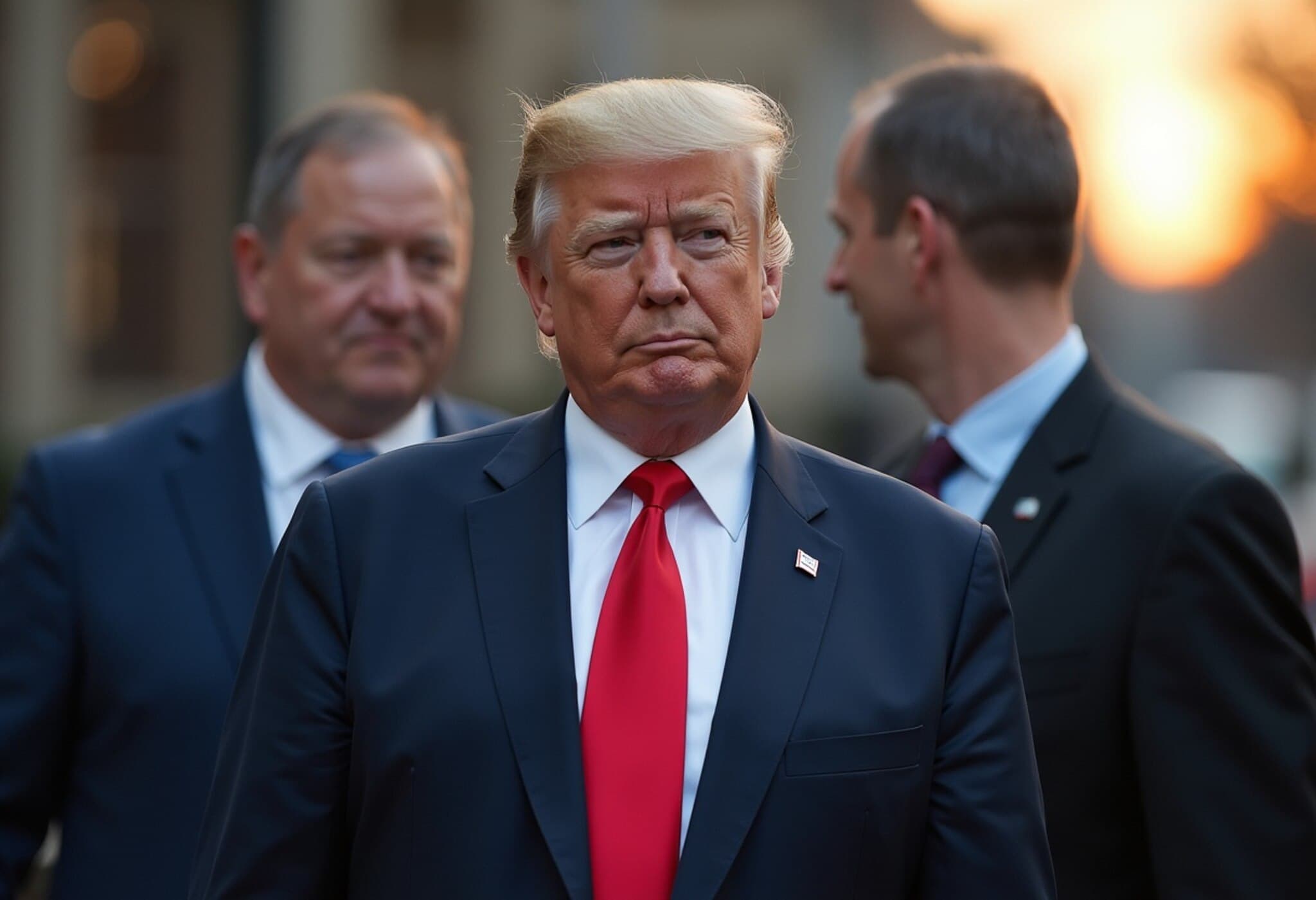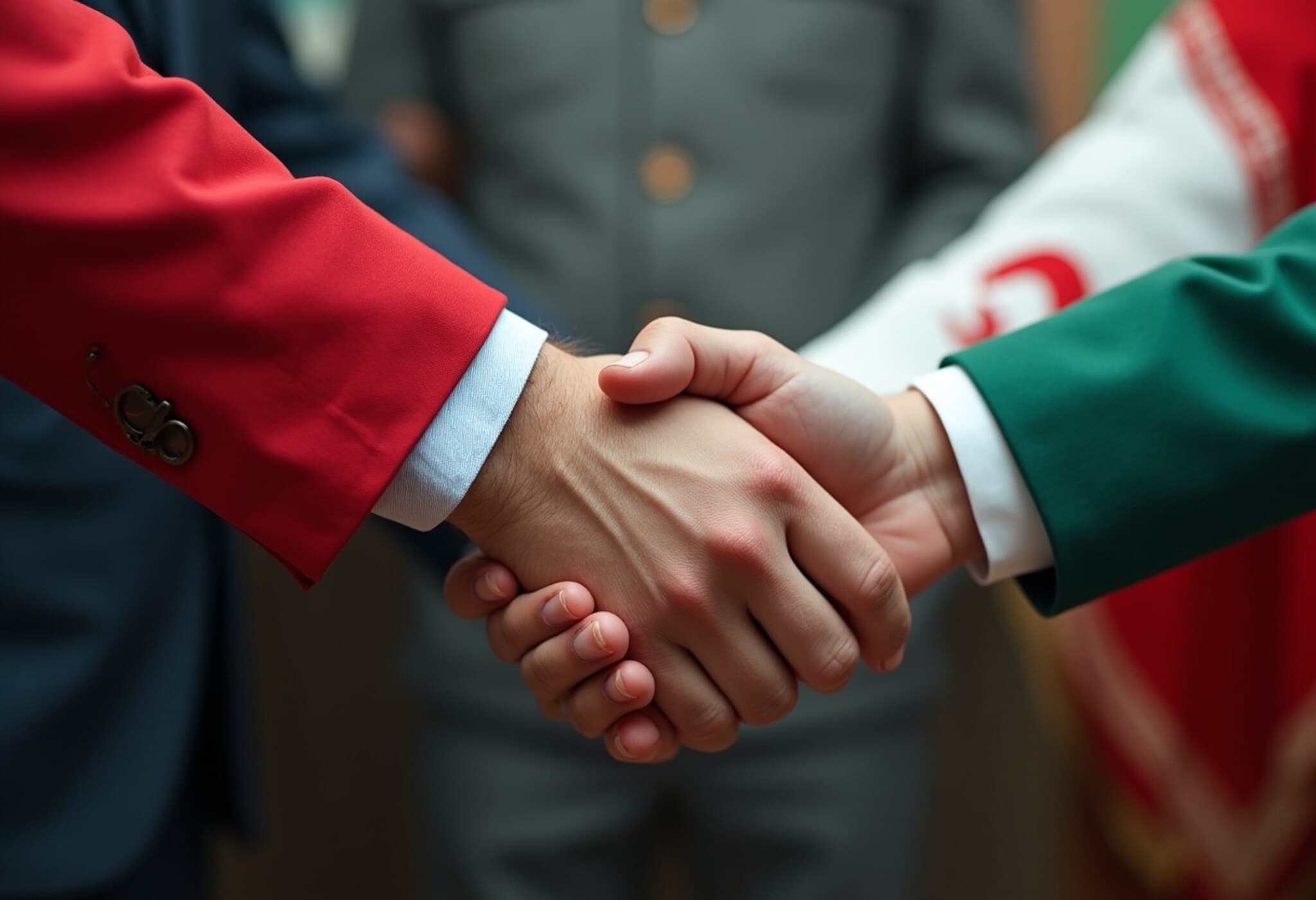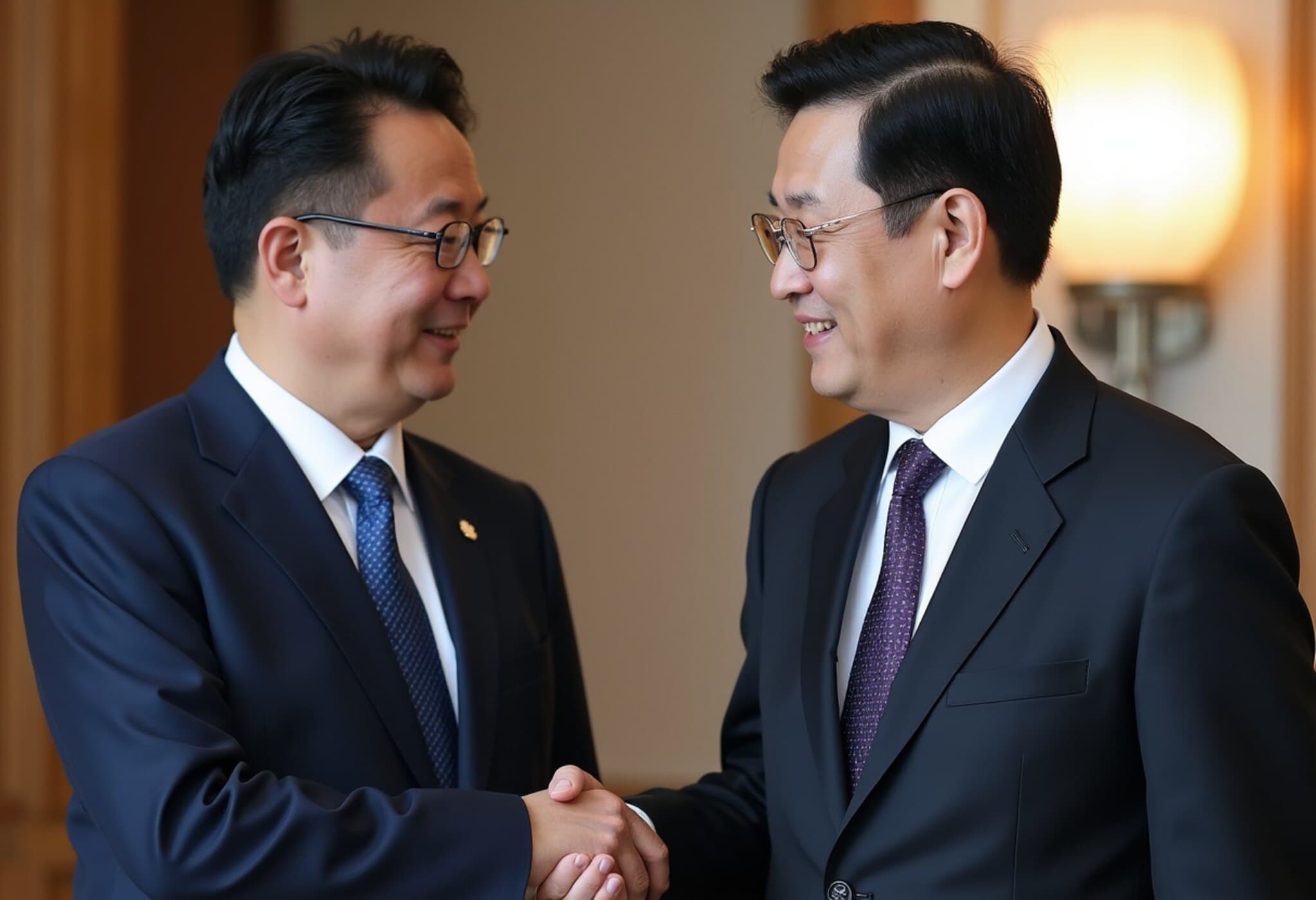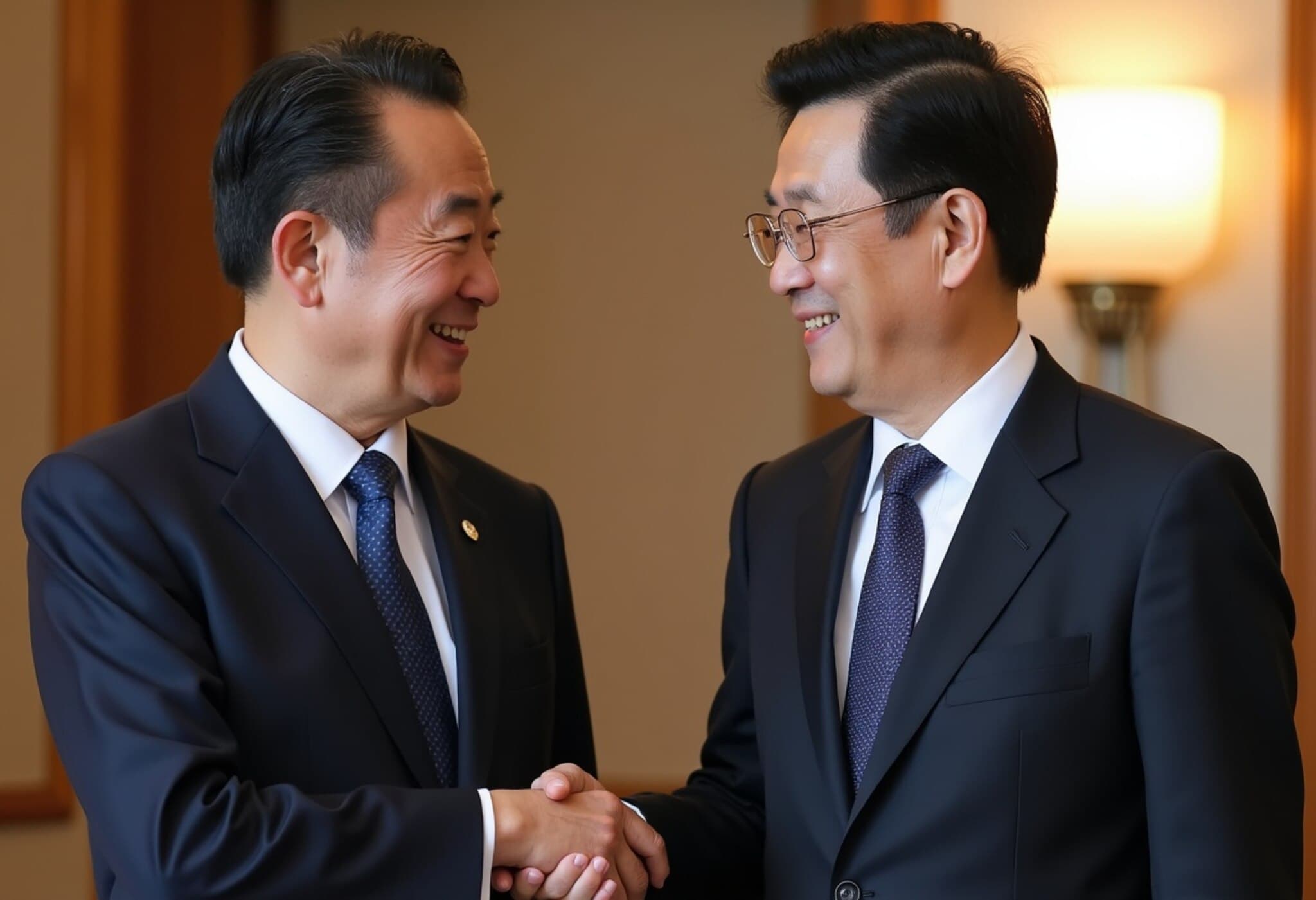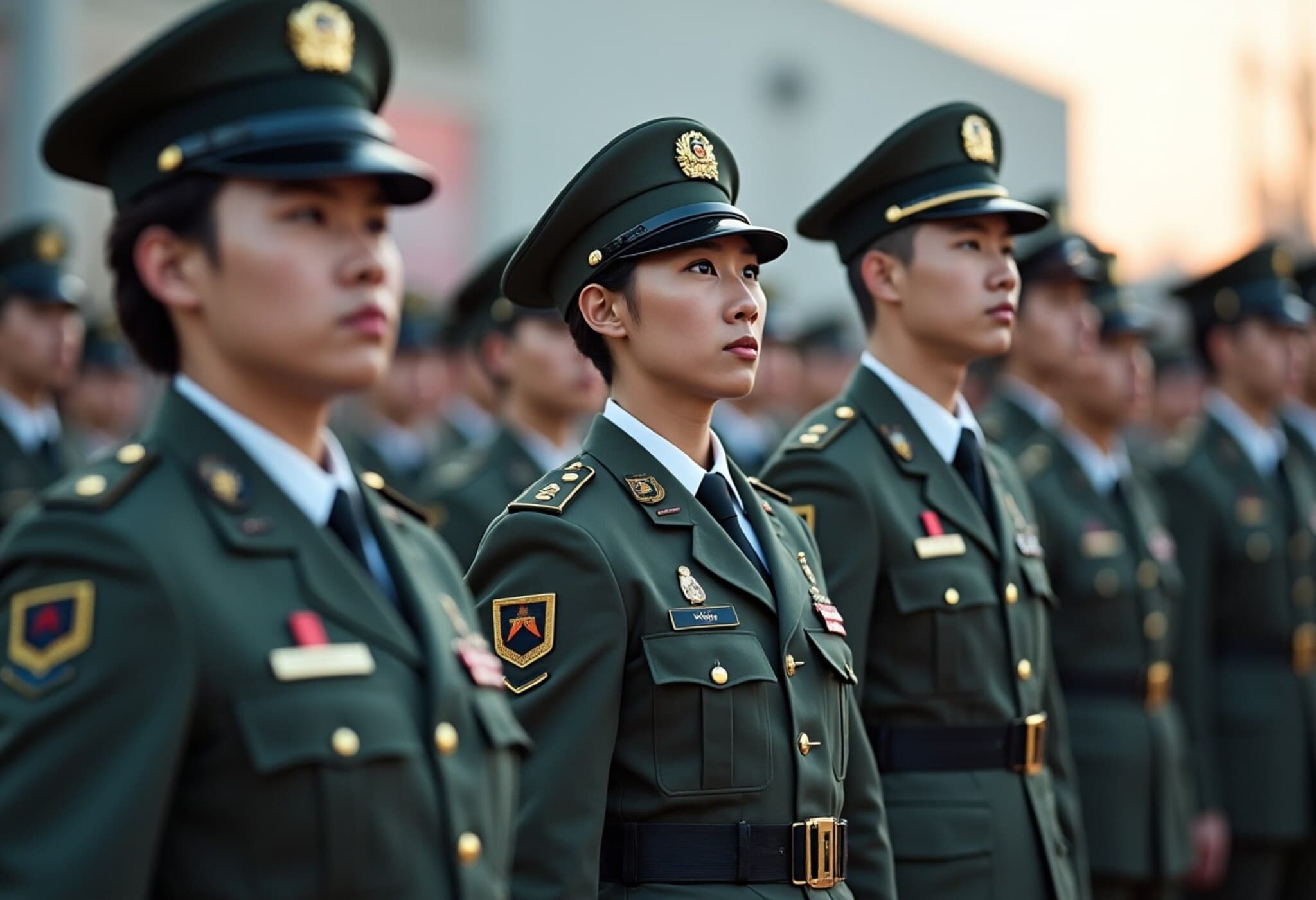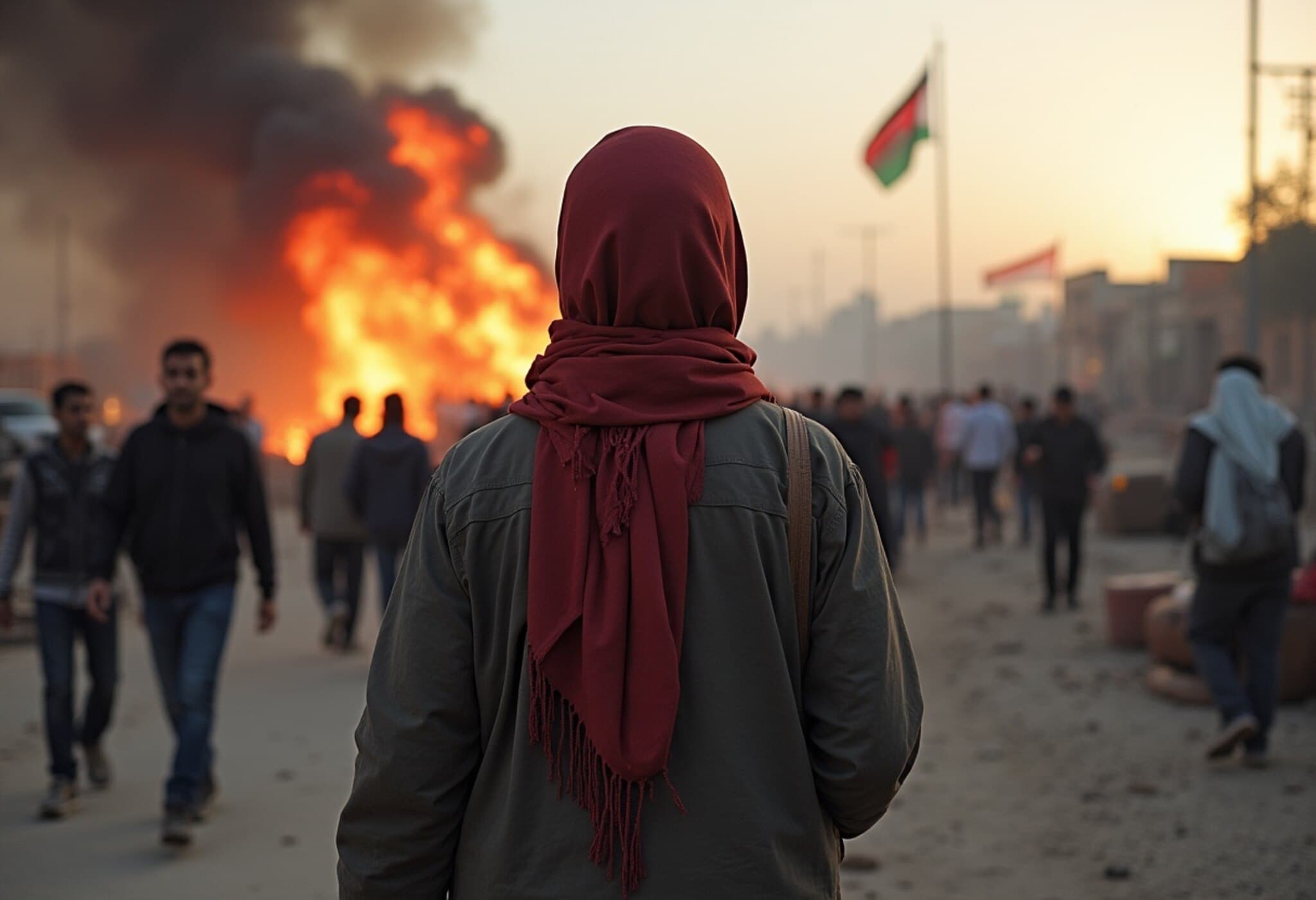Russia and North Korea Cement Strategic Partnership Amidst Global Tensions
In a significant yet underreported development, Russia and North Korea have been quietly expanding a multifaceted alliance that transcends conventional military cooperation. From supermarket shelves in Russia stocked with North Korean apples to the deployment of thousands of North Korean troops on Russian soil, this partnership is unfolding with potential geopolitical ramifications that warrant close attention.
Economic and Cultural Ties Grow Alongside Military Support
A year after Russian President Vladimir Putin and North Korean leader Kim Jong Un signed a strategic partnership agreement in Pyongyang, the relationship between these two authoritarian regimes is evolving beyond battlefield collaboration, extending deeply into trade and cultural exchanges. Notably, North Korean agricultural products such as apples have started appearing in Russian supermarkets, signaling an expanding commercial footprint.
- North Korean fishing fleets have increased their presence in Russia’s Far East waters.
- Companies from North Korea have registered trademarks for diverse consumer goods, including beer, sausages, and even accordions.
- Cultural diplomacy flourishes with Russian theater troupes performing in Pyongyang and academic – as well as athletic – delegations traveling between the two nations.
Infrastructure projects are underway to facilitate this growing relationship, such as the $100 million bridge over the Tumen River designed to improve cross-border connectivity. Discussions around reviving a dormant 10,000-kilometer railway linking Moscow to Pyongyang hint at ambitions for sustained economic integration.
Military Collaboration: Troops and Ammunition on the Move
Beyond commerce, military cooperation has intensified markedly. Intelligence reports from South Korea suggest that since last October, North Korea has supplied Russia with an astonishing 12 million artillery shells and deployed approximately 13,000 troops to the contested Kursk region.
While casualty reports indicate these forces have suffered losses, Russian officials have praised the North Korean contribution. Sergei Shoigu, Russia’s Security Council head, praised the troops for defending Russia "as if it were their own motherland,” signaling official acknowledgment and approval.
Looking ahead, Shoigu announced plans to send an additional 6,000 North Koreans, including 5,000 military construction workers, to Russia. Experts like Andrei Lankov of Kookmin University suggest this may serve as a “trial run” to evaluate how North Korean labor might support Russia’s military efforts—potentially freeing Russian troops for deployment elsewhere, such as Ukraine.
Financial Flows and the Dual-Use Challenge
From the North Korean perspective, the partnership offers vital economic lifelines, especially given its isolated status and sanctions. Peter Ward from the Sejong Institute notes that Russian funding and in-kind payments could revitalize North Korea’s stagnant agricultural and mining sectors, offering tangible benefits to its population.
However, Ward tempers expectations by highlighting North Korea’s penchant for funneling resources into “prestige projects” that favor the elite, such as high-profile skyscrapers in Pyongyang, rather than broad-based economic development.
Strategic Implications: A Challenge to Western Diplomacy
Political analysts emphasize that the alliance’s implications stretch far beyond economics and military logistics. Victor Cha, chair of the Korea program at the Center for Strategic and International Studies, warns that Russian access to North Korea’s weapons development and vice versa accelerates the militarization of the Korean Peninsula.
The partnership creates a potent mechanism for both nations to withstand Western diplomatic pressures. This raises critical questions about the future of U.S. and allied efforts to denuclearize North Korea and contain Russia’s military ambitions.
Former U.S. President Donald Trump’s public overtures toward Kim Jong Un in 2025, including characterizing North Korea as a "big nuclear nation" led by a “very smart guy,” may now confront an evolved geopolitical landscape where Pyongyang’s lucrative bond with Moscow diminishes the impact of personal diplomacy.
Looking Forward: Risks and Opportunities
This deepening alliance between Russia and North Korea highlights a strategic trend where isolated states are linking arms to circumvent international sanctions and geopolitical isolation. For policymakers and analysts, it offers a cautionary example of how authoritarian regimes can mutually reinforce their domestic control and international ambitions.
- Will Russian reliance on North Korean manpower influence the duration and intensity of the Ukraine conflict?
- How might this alliance affect negotiations around North Korea’s nuclear program?
- Can Western powers recalibrate their diplomatic strategies in response to this emerging bloc?
Editor’s Note:
The evolving Russia-North Korea relationship is a complex, multifaceted development that blends economics, military cooperation, and symbolic political solidarity. It poses significant challenges to U.S. foreign policy and global security architecture, urging a more nuanced and strategic response. As the two nations navigate their intertwined paths, observers must consider not just the immediate military implications but also the longer-term geopolitical and humanitarian outcomes for the region and beyond.

